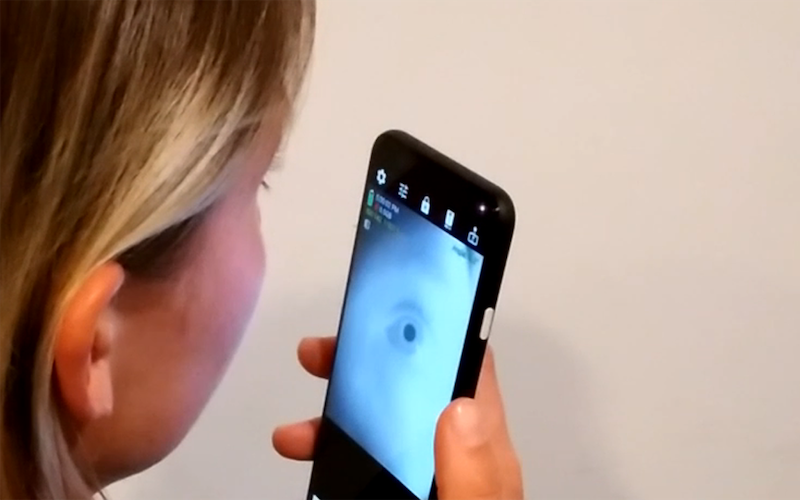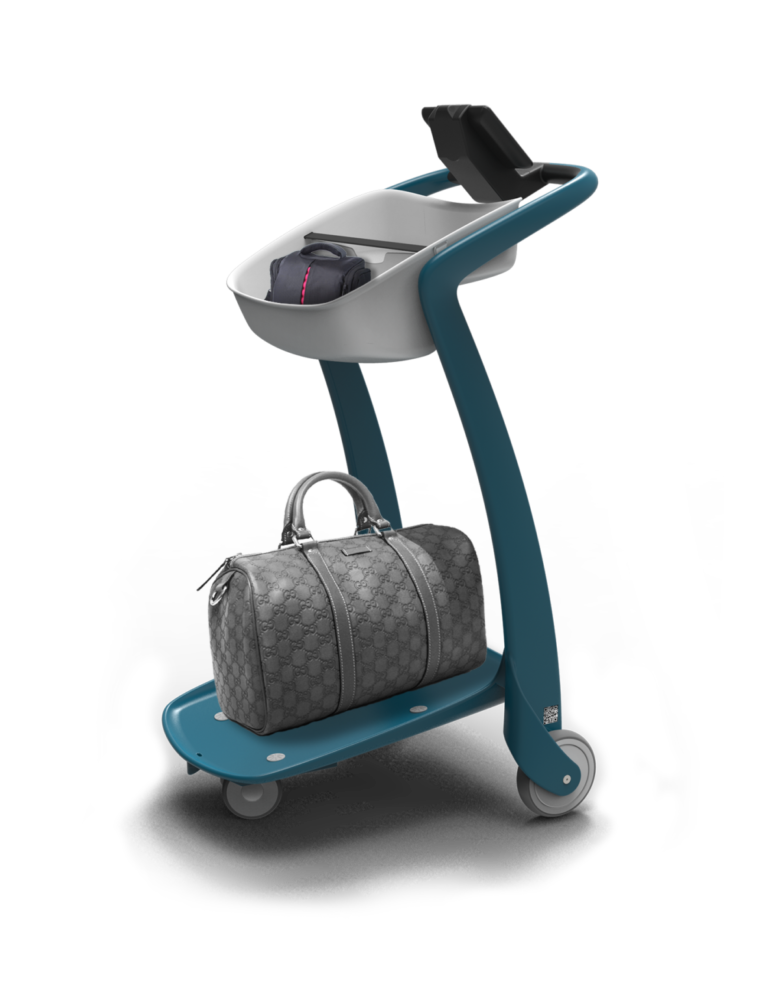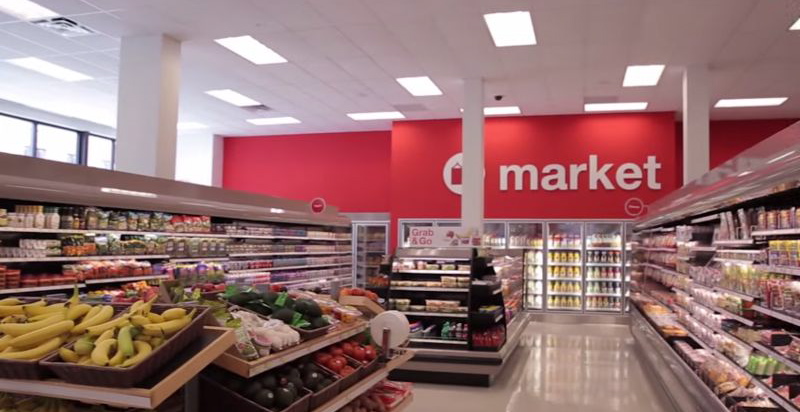Daily Business Report: Tuesday, May 3, 2022
Beer Consumption in the U.S.
Which states drink the most beer, and what brands do people prefer?
Visual Capitalist
Beer consumption spans almost the entire world, and is a staple in much of the United States.
When stacked up next to other alcoholic beverages, beer is America’s preferred drink
of choice, closely followed by wine and spirits. In fact, it is the fifth most-consumed drink overall in the country, behind coffee, water, soft drinks and tea.
At the end of 2021, beer in the U.S. was a $94.1 billion industry. Alongside massive multinational conglomerations, it is also driven by over 9,000 breweries of different types.
So which states drank the most beer, and what was their preferred brand?
New Hampshire took the top spot in 2020, outdrinking other states with 41.5 gallons of beer consumed annually per capita. In contrast, the lowest consuming state was Maryland which only consumed 19.7 gallons per capita, about half as much.
In California, 24.5 gallons of beer were consumed annually per capita. Budweiser was the preferred beer.
The most popular beer?
Despite the growing trend of craft breweries in some states, the most popular beer across the country was Budweiser of Anheuser-Busch, which took the top spot in 23 states.
Which state has the most breweries?
California has the highest number of breweries in the country, more than double any other state, at 1,466.
On the flip side, Mississippi has the fewest breweries, with the most recent Beer Institute’s 2021 almanac only listing 26 in the entire state.

‘Eye-Catching’ smartphone app could make it
easy to screen for neurological disease at home
by Liezel Labios
Researchers at the University of California San Diego have developed a smartphone app that could allow people to screen for Alzheimer’s disease, ADHD and other neurological diseases and disorders—by recording closeups of their eye.
The app uses a near-infrared camera, which is built into newer smartphones for facial recognition, along with a regular selfie camera to track how a person’s pupil changes in size. These pupil measurements could be used to assess a person’s cognitive condition.
The technology is described in a paper that will be presented at the ACM Computer Human Interaction Conference on Human Factors in Computing Systems, which takes place from April 30 to May 5 in New Orleans as a hybrid-onsite event.
Pupil size can provide information about a person’s neurological functions, recent research has shown. For example, pupil size increases when a person performs a difficult cognitive task or hears an unexpected sound.
Study: Unprecedented increase in number
of border wall falls and trauma
Since 2019, there has been a five-time increase in the number of high-severity injuries occurring at the U.S.-Mexico border wall in Southern San Diego. Trauma physicians at UC San Diego Health attribute the rise in injuries to a height increase of the border wall from a range of eight and 17 feet to 30 feet.
The findings published April 29, 2022 in JAMA Surgery.
“The height increase of the border wall along the San Ysidro and El Centro sectors was touted as making the barrier ‘unclimbable,’ but that has not stopped people from attempting to do so with consequential results,” said first author Amy Liepert, M.D., medical director of acute care surgery at UC San Diego Health. “This is an unseen public health crisis happening right now and it has significantly affected major local health care providers in San Diego.”
At UC San Diego Health, there were 67 cases of trauma-related incidents due to falls at the border wall from 2016 to 2019. The number jumped to 375 between 2019 and 2021. Fatalities also increased, zero before 2019 to 16 since then.
Hospital costs for border wall-injured immigrants at UC San Diego Health alone are estimated to be approximately $13 million between 2019 and 2021, according to Liepert.
Who’s missing from California’s community colleges?
CalMatters
California community colleges have seen their enrollment drop by about a fifth during the coronavirus pandemic, with more than 300,000 fewer students enrolled in fall 2021 compared with fall 2019.
“This raises critical concerns about equitable access to higher education as well as the ability to meet workforce needs,” said Paul Feist, vice chancellor of communications for the California Community College Chancellor’s Office. “It is why the entire community college system has mobilized to stabilize and turn back these declines.”
California lawmakers last year gave the system $120 million to help bring students back. So far, as CalMatters has previously reported, progress has been uneven. At 42 of California’s 116 community colleges, more students left in the fall of 2021 than in fall of 2020.
So who exactly is still missing from the state’s community colleges?
Students who need — or decide — to work full time, for one, the chancellor’s office said. That includes parents, who are not only supporting themselves but their families. And it includes people who decided to take advantage of a labor market in which companies, struggling to find enough workers, are paying well above minimum wage for jobs that don’t require a degree.
UScellular, Qualcomm and Inseego to launch
5GmmWave high-speed Internet in 10 cities
UScellular, in collaboration with Qualcomm Technologies, Inc. and Inseego, has launched its 5G mmWave high-speed Internet service in parts of 10 cities. The carrier’s Home Internet+ solution delivers speeds of up to 300 Mbps, an increase of 10-15 times compared to its 4G LTE home internet offering, and is a significant milestone in its multi-technology approach to providing High-Speed Internet solutions.
UScellular’s Home Internet+ is delivered by the Inseego Wavemaker FW2010 outdoor 5G CPE, powered by the Qualcomm® 5G Fixed Wireless Access Platform Gen 1 featuring Snapdragon X55 5G Modem-RF System, and provides high-speed Internet access wirelessly to customers’ homes or businesses. This Fixed Wireless Access (FWA) service is available now in parts of East Moline and Rock Island, Ill.; Bettendorf, Cedar Falls, Davenport, Dubuque and Waterloo, Iowa; Yakima, Wash.; and Beloit and Janesville, Wis.
Throughout 2022, UScellular plans to increase its Home Internet+ service within those cities and expand to dozens more in both urban and rural areas, including Springfield and Tipton, Mo., Knoxville, Tenn., and Kenosha and Milwaukee, Wis.
City of San Diego’s SD Access 4 All program
wins award from taxpayer watchdog
The City of San Diego’s SD Access 4 All initiative to expand public Wi-Fi to over 300 locations citywide won the Public-Private Partnership Watchdog Award this past week at the San Diego County Taxpayers Association’s 26th annual Golden Watchdog and Fleece Awards.
The City partnered with AT&T, Cox Communications, the San Diego Parks Foundation and the San Diego Public Library Foundation to help close the digital divide that has left an estimated 53,000 San Diego households without Internet access. More than 200,000 unique users have used the expanded public Wi-Fi and logged on over 1.4 million times in the first year of the initiative.
In addition to the public Wi-Fi expansion, the city also purchased hundreds of new laptops and 2,000 new mobile hotspots that patrons can check out from libraries. Mobile hotspots are easy to use and provide free at-home Internet service.
Cue Health asks FDA for full clearance
of its molecular COVID-19 test
San Diego-based Cue Health on Monday became the first company to submit to the U.S. Food and Drug Administration (FDA) for full clearance of its molecular COVID-19 test for at-home and point-of-care use. FDA clearance would provide the public with a molecular COVID-19 test that has been fully reviewed by the FDA for safety and effectiveness.
A prior submission to the FDA for Emergency Use Authorization of Cue’s COVID-19 at-home, over-the-counter test showed 98.9 percent accuracy. An independent study by Mayo Clinic showed Cue’s COVID-19 test to be in 97.8 percent overall concordance with central lab PCR testing.
“This FDA submission marks a major milestone for the company and begins to define a new space of molecular testing in the home and at the point-of-care. We hope this will be the first of many submissions for Cue’s molecular testing as we look to address a range of diseases and conditions and make health care more responsive, convenient, and effective,” said Ayub Khattak, CEO and co-founder of Cue Health.
MyCase announces launch of MyCase Drive
and new brand identity
MyCase, a provider of cloud-based legal practice management software and payment services to law firms, announced the launch of MyCase Drive, along with a redesigned logo and website. These changes represent the company’s continued growth and evolving service offerings.
MyCase Drive provides fast and easy desktop access to law firm documents in one centralized cloud-based platform. Users can easily save or drag and drop files directly to a case folder and organize those case folders by client, practice area, or stage. According to MyCase customer and family law attorney Jennifer Joyce Tompkins, “On a weekly basis, we probably save 6-8 hours using MyCase Drive.”
Notably, all documents are automatically backed-up in the cloud and synced between desktops and MyCase, removing the need to upload or download files in different locations. For law firms using Dropbox, Drive is the ideal replacement and includes unlimited storage. MyCase Drive will be added to the Advanced pricing plan to accommodate the growing needs of MyCase customers.
Kahoona Inc. raises $4.5 million Seed
round led by Global Founders Capital
Kahoona Inc., a San Diego tech company, has closed $4.5 million in Series Seed financing led by Global Founders Capital, followed by deep-tech focused Cardumen Capital, Plug and Play and Fourth Realm. Leading angel investors from Amazon, IronSource, NBC Universal, Verizon and SAP participated as well.
“The tectonic privacy-related measures present opportunities for digital businesses to rethink their data strategy with the purpose of sustaining long-term growth while preserving users’ privacy. We’re thrilled to be part of the Kahoona Team on their journey to disrupt the future of the Internet,” said David Citron, partner at Global Founders Capital.
Kahoona will allocate its seed capital to accelerating R&D efforts, growing its operations and expanding its initial success to the U.S .market. “Regulatory directives followed by large tech platforms’ shift towards privacy have created much turmoil in the market, allowing us to bring innovative technology to multiple verticals,” said Ohad Tzur, co-founder and COO.
Petco and retailer Backcountry launch
‘Backcountry x Petco’ pet gear products
Petco Health and Wellness Company Inc. and outdoor specialty retailer Backcountry announced the launch of “Backcountry x Petco,” an exclusive collection of pet gear designed for outdoor enthusiasts and active dogs.
Backcountry and Petco collaborated on the premium, innovative assortment, including dog supplies, apparel, accessories, toys and travel products for summer, plus a subsequent line launching in the fall. The summer line is now available exclusively at most Petco pet care centers nationally, as well as at petco.com/backcountry, the Petco app and backcountry.com/petco.
“Backcountry x Petco” features easy to clean, water- and stain-resistant fabrics, as well as a variety of apparel and accessory styles to accommodate dogs of all shapes and sizes,” said Backcountry CEO, Melanie Cox. “The collection provides pets and pet parents with durable, trustworthy products that help keep pets happy and healthy as they accompany their humans on every outing.”
STÜDIO offers video content and branding
services to real estate agents in San Diego
San Diego real estate professional, Jason Cassity has co-founded a new venture aimed at providing video content and branding services to real estate agents. Named STÜDIO, the business will offer brand audits, creative services (videography, editing, graphic design), and social media account management with the aim of growing their clients’ real estate businesses.
“This idea was very much inspired by the SERHANT brokerage, and their SERHANT studio, in New York City. If nothing else, this will be a huge value add to our team (The Cassity Team), and our clients. We now have an in-house studio offering to help agents produce high-quality real estate content, and also a way to showcase our clients’ properties better than anyone else,” said Cassity. “But I think that there is also a very real opportunity to expand beyond our team and help other agents grow their businesses as well.”
Bridge Bank provides $5 million
line of credit to support San Diego’s Tourmo
Bridge Bank announced its Technology Banking Group has closed on a $5 million monthly recurring revenue line of credit for Tourmo, a San Diego-based artificial intelligence (AI) mobility company that helps businesses optimize mobile workforce operations. Tourmo plans to use the line of credit as working capital to support its growth.
Tourmo has developed an AI-powered software platform that gathers and unifies data from existing sources like telematics and other point solutions. The Tourmo platform uses AI to generate unbiased insights. It automates and communicates workflows to mobile workers, customers and partners to increase safety, productivity, satisfaction and sustainability.





